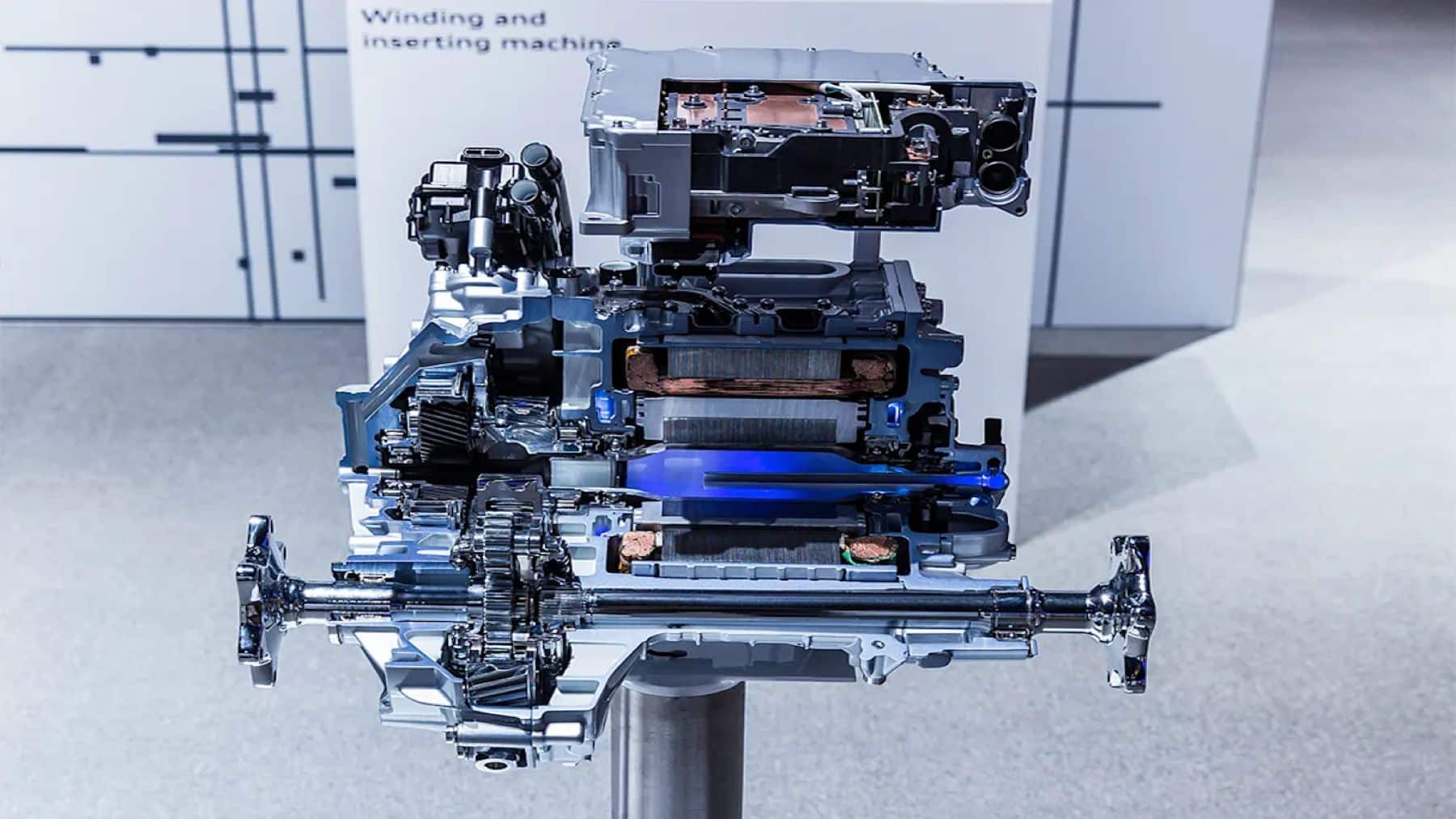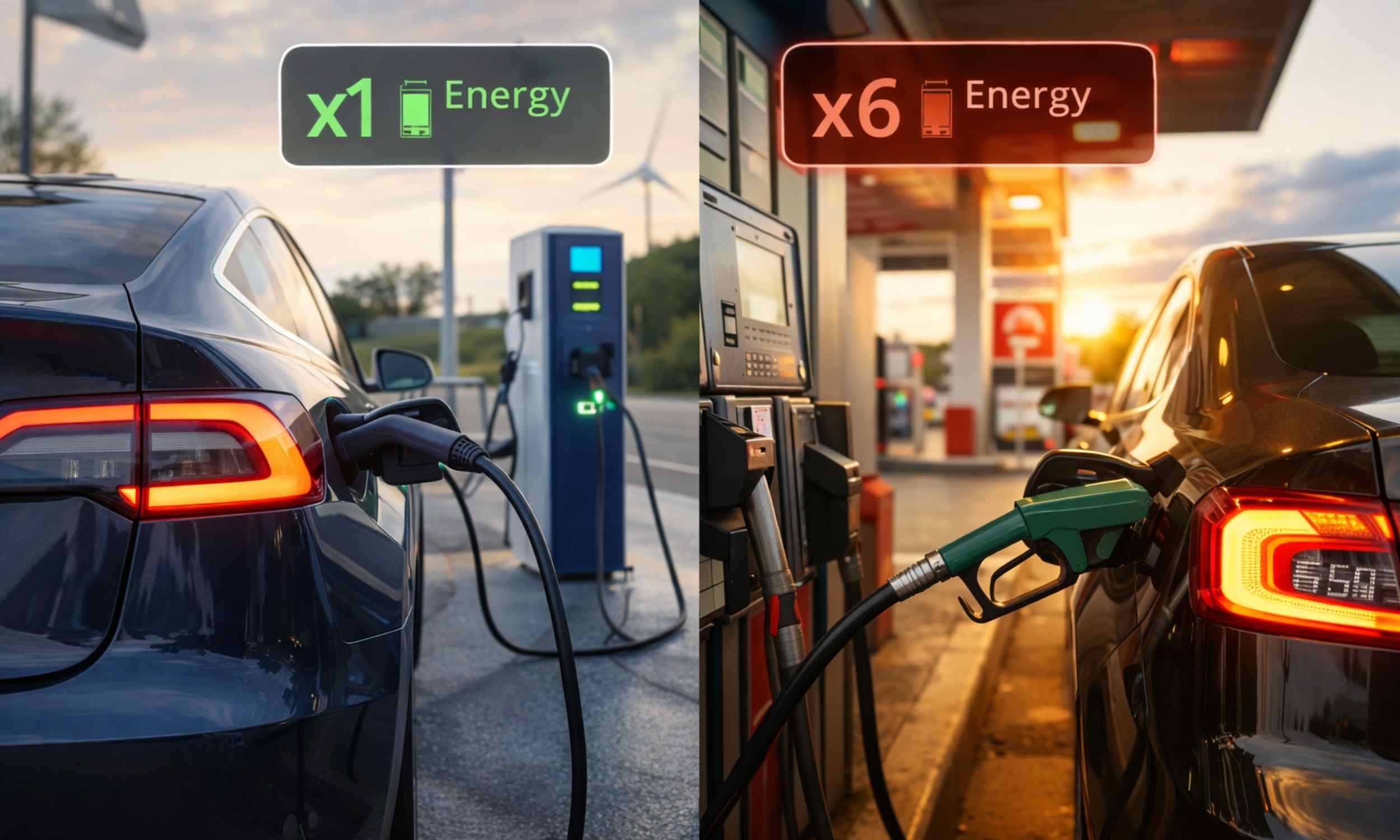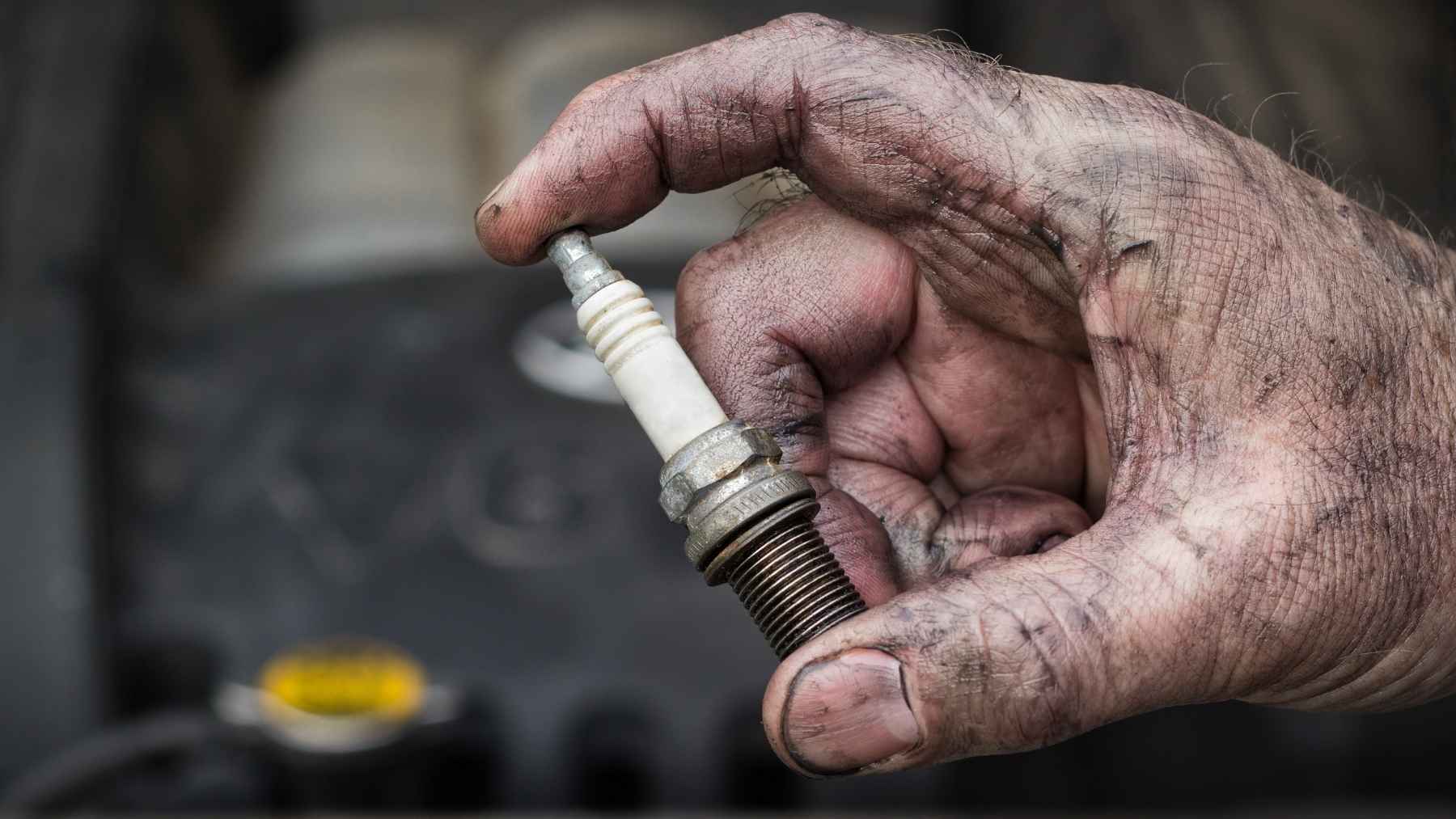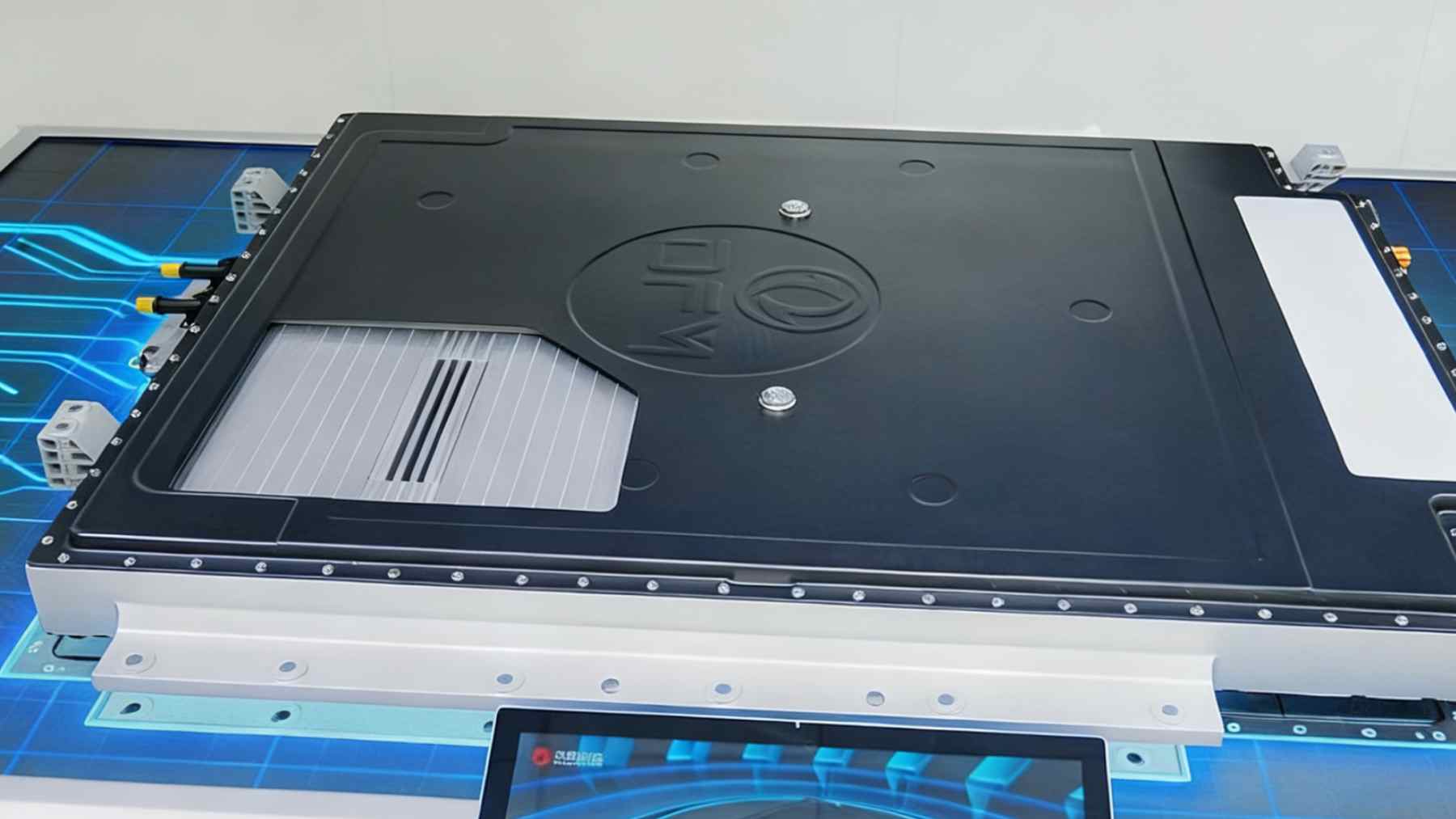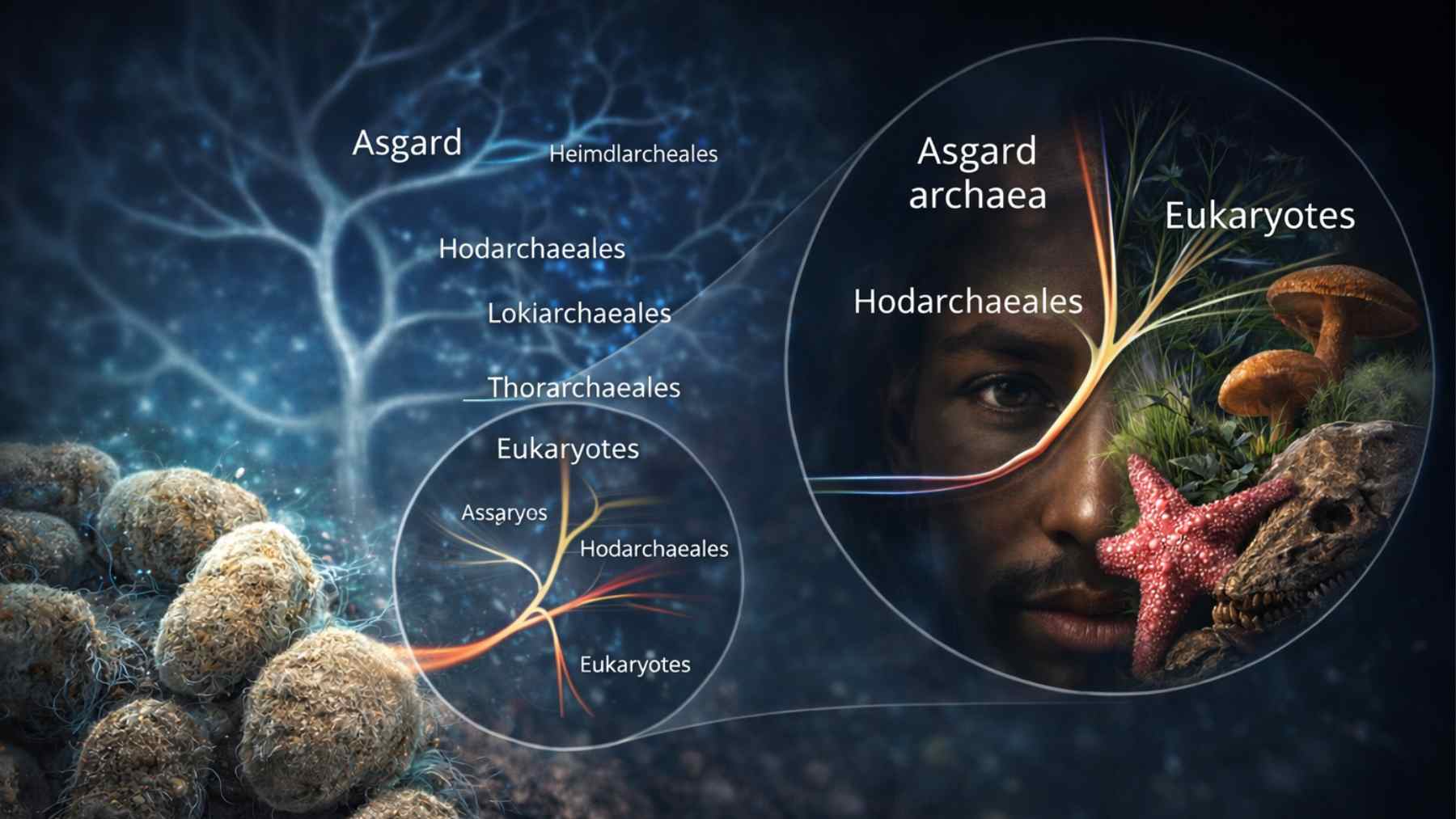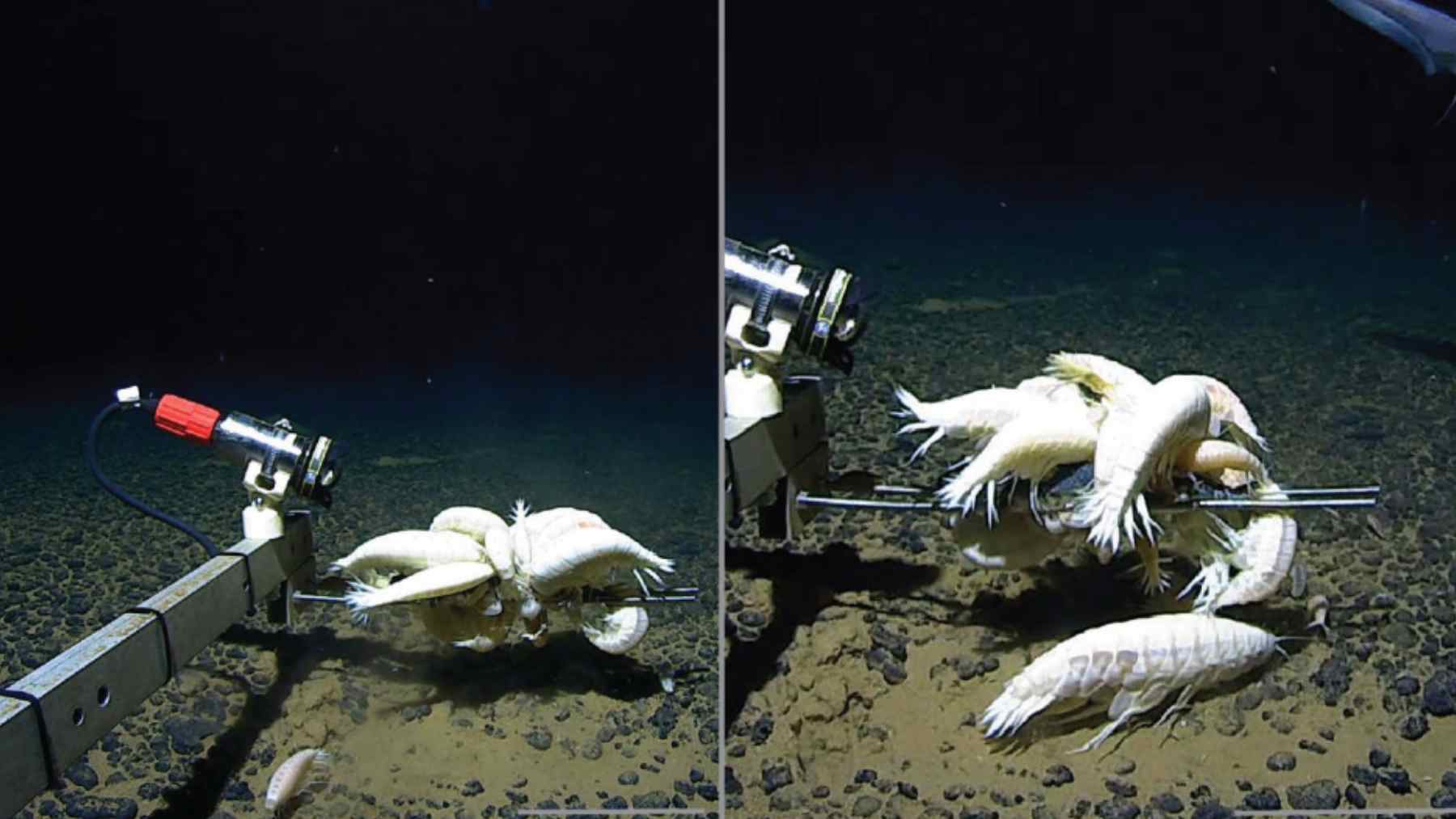German automobile company Audi has some of the most recognizable models and vehicles on the road. Known for their luxury cars, Audi has consistently been putting out advanced technology and being a leader in the automobile space. Not only that, but the iconic brand has also been part of the broader transportation industry’s move towards more sustainable engines. With their e-tron family of electric vehicles as well as considerations of hydrogen technology, the brand has constantly pushed boundaries.
Audi pushes towards sustainability
As part of the global transportation industry’s move towards sustainable engine sources, Audi has been at the forefront of this innovation. While the brand initially had plans to only sell electric models from 2032, the company adjusted its plans to be attentive to what the general consumer market is ready for. While the brand continues to prioritize electrical engine production, they are also aware that the world is not ready to give up the internal combustion engine and needs time to adjust to embracing alternative engine solutions.
“As part of our product initiative, we are not only launching new electric models, but also a new generation of combustion engine vehicles and plug-in hybrids. We will manage the production of our last combustion engine vehicles depending on various developments in world markets,” said Audi CEO Gernot Döllner at Audi’s Annual Media Conference last month
While some automobile brands like Toyota are committed to alternative engine solutions outside of electrical engine technology, particularly with a focus on hydrogen fuel-cell technology, Audi has maintained their commitment towards electrical solutions, seeing them as the best way forward towards phasing out the internal combustion engine over hydrogen or other fuel sources.
“I don’t think the fuel-cell will be relevant for cars in general,” said Audi Chief Strategy Officer, Silja Pieh to company carsales back in 2021.
Audi’s new model is set to impress
Audi recently released the new 2025 e-tron GT this year. The performance details of the preceding top-spec 2024 RS e-tron GT are extended by the new model year 2025 addition to the e-tron GT family, the S e-tron GT. In contrast to the 2024 e-tron GT’s 523 horsepower and the 2024 RS e-tron GT’s 637 horsepower, the S e-tron GT’s output increases to 670 horsepower. A power boost allows the new S e-tron GT to reach 60 mph with launch control in only 3.3 seconds, which is 0.6 seconds faster than the 2024 e-tron GT.
Within the new model, the e-tron GT battery pack has been upgraded to 105 kWh, a 12% increase over the previous 93.4 kWh, while its weight has decreased by 25 pounds. DC fast charging capability has also been increased, from 270 kW to 320 kW, resulting in a 10-80% charge time of about 18 minutes (previously 21.5 minutes) under ideal conditions. Even with the significant power increases, the EPA-estimated driving range of the 2025 S e-tron GT exceeds that of the 2024 e-tron GT and 2024 RS e-tron GT.
The tension between electric and hydrogen models
Audi joins the majority of major automobile brands in prioritizing electric engine solutions as the best way forward in terms of sustainability and giving up the internal combustion engine. However, automobile companies like Toyota and Hyundai continue to push investment towards hydrogen fuel-cell engine vehicles in addition to their electric vehicle lineup.
These differences in alternative engine development point towards an overall tension in the automobile industry regarding the best way forward towards carbon neutrality. Increased collaboration and decreased competition is needed between automobile companies in order to pool resources and efforts to reach a point where we can see the internal combustion engine being a thing of the past. However, hydrogen engines have been noted for their potential not in the passenger vehicle space but for heavy-duty transportation.
